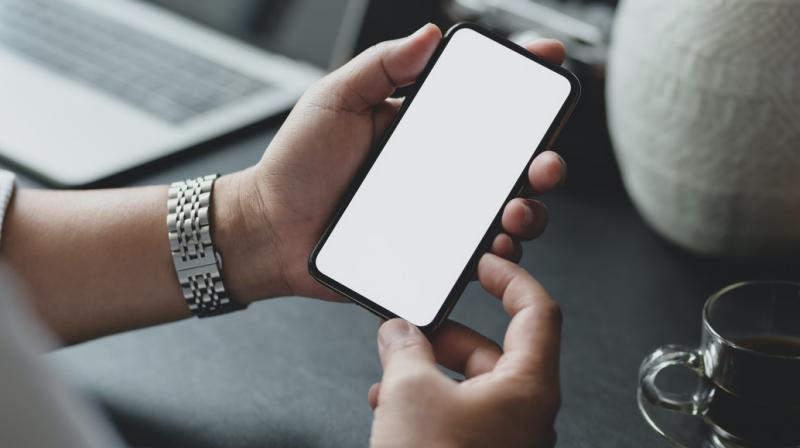In the event you download Aarogya Setu?

Collected
This week of the pandemic has focused significantly on around Aarogya Setu and contact tracing. So much to ensure that during his speech extending the lockdown, PM Modi urged persons to download the app.
The theory is for the federal government to use the iphone app to know what your location is and who you have been around in connection with, enabling contact tracing.
The app’s privacy policy has been under fire since its release and has been updated recently with improved protections. As the app is to be used for contact tracing and also quarantine enforcement, it'll collect large sums of personal and sensitive data. For instance, registering to the app requires you to set up your name, age, gender, contact number, and profession.
When you have registered, the app will commence to use Bluetooth to check on who you have been around in contact with. If you happen to test positive, the information might come in handy to notify people who may have been infected. However, the Bluetooth itself will not give away where you are.
Just how it works is if the Bluetooth on your phone detects another phone in range, the pair will exchange keys and keep an archive of the interaction.
The app use the GPS inbuilt on your own phone to monitor where you are, enabling it to determine whether you are sticking with the quarantine with significant accuracy. The telephone will need note of where you are every a quarter-hour and only share the information with the Government server if you test positive.
Normally, you would have found the info collected by the iphone app to be extremely invasive. But again, they are not normal times. You will make the argument that the measures are necessary and proportional.
There are a few technical shortcomings and slightly concerning macro trends with the idea. Firstly, the consumption of Bluetooth. Bluetooth is fairly trusted over 6 ft (typical for physical distancing). However, the same things that stop coronavirus from spreading do not apply to Bluetooth. As put by Casey Newton, Bluetooth can recognise two devices kept 10 ft and a flat wall apart as the coronavirus may well not transmit through walls.
Situations like they are likely to result in a whole lot of false positives. Secondly, the context here matters. India faces different challenges when compared with the developed world. Earlier this month, when Apple and Google developed the idea to permit contact tracing, it resulted in plenty of debate around wealth distribution being strongly correlated with OS distribution.
The theory is that if you wished to check where on the globe wealth was concentrated, you could look at a map of iOS users around the world. Android, alternatively, runs on much more smartphones than iOS, rather than every one of them have Bluetooth-LE, which is needed to permit contact tracing. Here, it's the poor who miss out.
In India’s case, the indegent currently miss out because they own feature phones rather than smartphones. While Medianama reports that the federal government is working on an attribute phone version of the app, the indegent will continue to remain at a disadvantage until it really is released.
In the event you download the app? Yes. The updated online privacy policy is a marked improvement after the prior one. Most data collected by the iphone app is stored on these devices locally or thirty days, after which it really is deleted. Data that's shared with the Government will be deleted after 45 days.
However, if you're unfortunate enough to check positive, the information distributed to the federal government will be deleted two months after the individual is cured.
Generally speaking, this policy is a step towards better data management practices. While protections could have been made better through open sourcing the iphone app and disclosing the encryption, the existing version of the iphone app is reasonable in its approach and mandate. Moreover, perhaps, in last week’s column, I made the point that the liberties we give up today may wrap up becoming typical tomorrow.
This very much pertains to Aarogya Setu. Even with an updated online privacy policy, in regular times, the application would have been considered invasive to personal privacy.
The hallmark of a good policy/programme is that it ceases to exist once it has achieved its goal. What the software does need can be an end date in order that it generally does not inadvertently set a fresh normal. This also pertains to measures such as facial recognition techniques being used to enforce quarantines as well as any other signifies that collect, store or process data.
The pandemic will hopefully come to a finish sometime. Keeping that at heart, so should the technology measures that are being used to contain it. For the reason that regard, Aarogya Setu should lead just how. A fresh, worse normal in privacy may be the very last thing the world needs.
Source: https://www.deccanchronicle.com
Tags :
Previous Story
- Tk 5,600cr needed pronto to push away hunger...
- Govt in great pickle over next fiscal year’s...
- Global airlines' estimated losses because of coronavirus rise...
- New iPhone could be coming as locked-down consumers...
- GDP growth to plunge to 33-year low this...
- Workers will be paid immediately: BGMEA chief
- Supply chain disruption going to Ramadan market
- Coronavirus: Google pays tribute to doctors, nurses, medical...